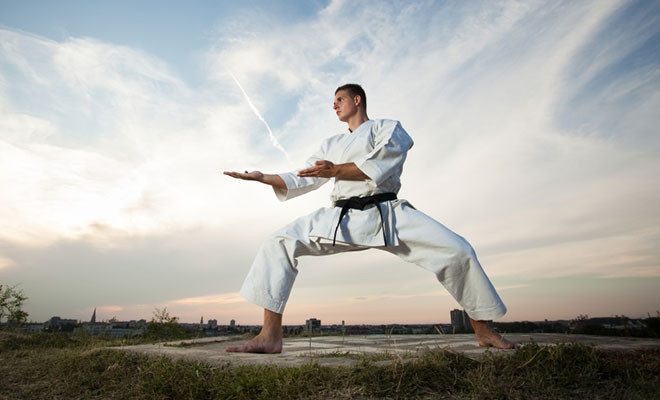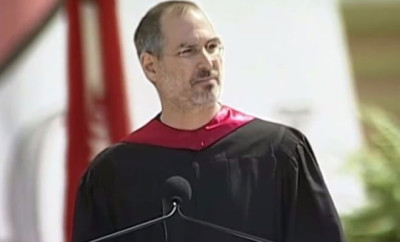
How to Achieve Mastery
This weekend I watched a magician enthral an audience with his art. As he performed his sleight of hand and misdirection I wondered at the thousands of hours he must have invested to achieve mastery.
Mastery involves focus, concentration, passion, intention, commitment, and discipline. We can’t achieve mastery in everything in fact most people are unlikely to achieve mastery in anything as they dabble in this and hack about at that.
I know I have gotten all excited about something bought all the equipment only to have it gather dust some month later.
George Leonard identified four types of people that he experienced over the years: Dabblers, Hackers, Compulsives, and Masters. As you read these descriptions perhaps you will recognise some elements of yourself, your friends or your colleagues?
Dabblers get into one thing, develop a certain level of skill, get bored, drop it, and move on to something else. Or they have one business idea try it for a few months and then want to do something else.
You can identify dabblers because they are always “trying” – “I will try this”.
Hackers develop a certain level of basic skill and then are content to sit on the plateau and never rise in skill or ability. Hackers can evolve to new levels of skill, but usually do so only in response to some immediate need or crisis.
For example a social tennis player gets beaten and then takes lessons so that s/he can maintain face or an employee threatened by a new employee’s abilities and lifts their game so as not to be shown up.
You can identify hackers because they are always “Shoulding” – “I should get better at this.”
Compulsives reach the first plateau and become uncomfortable with their level of performance and so push harder and harder to get better faster. They may reach another plateau or two, but ultimately they burn out.
Compulsives are always struggling and you can identify them by them always saying, “I have to do this.”
Masters understand that the plateau is part and parcel of the mastery process. They recognise that there are a never-ending series of plateaus on the path toward mastery. They recognise that being on the plateau and practicing is every bit as exciting as spurts of growth. So they are undaunted by plateaus; they view them as an expected part of the ebb and flow of life.
The path of the master involves getting instruction, practicing, surrendering to the practice, keeping a clear intention to be the best, periodically pushing the “edge of the envelop.”
Howard Gardner (Creating Minds) wrote extensive descriptions of 7 Geniuses of the 20th century, one as a representative of his Seven Intelligences. In that work, he describes his research about the pattern that it typically takes a person Ten Years to Master a Field of study.
As a speaker, trainer and coach I know that I am always learning and I know why I am learning; each time I engage with a client I feel that same passion and excitement as when I first started many, many years ago. Are you on the path of mastery? Have you committed to continual improvement?







